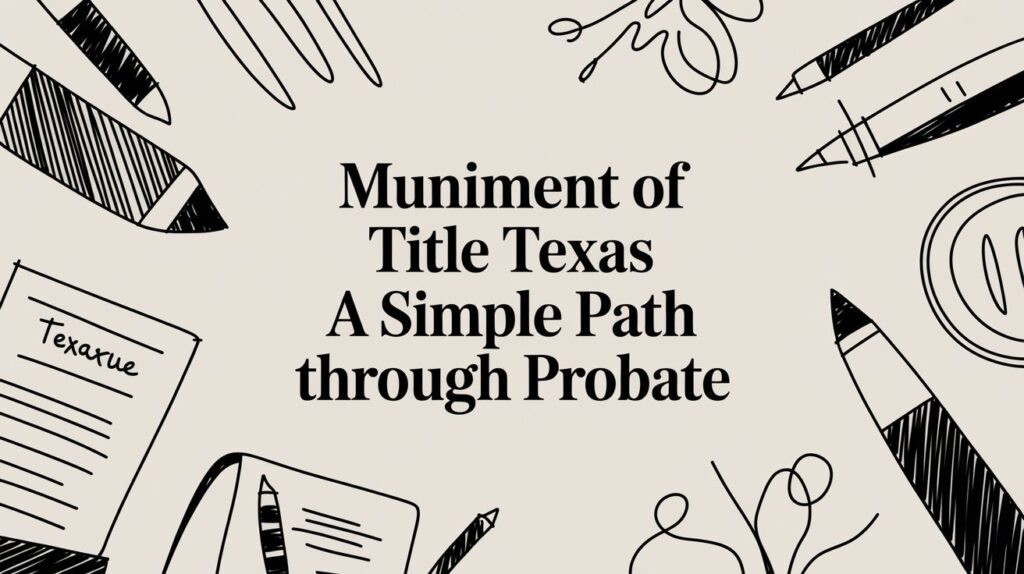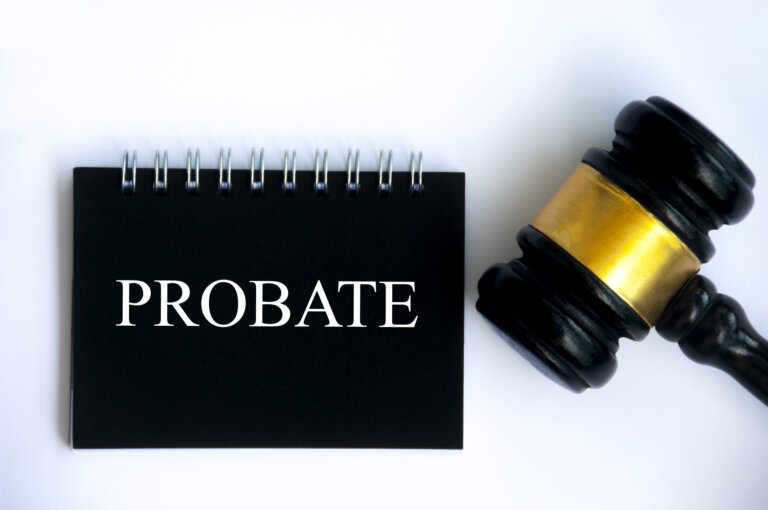Understanding the Probate Process in Texas
The probate process in Texas can be complex and often varies based on the specifics of each case. Understanding the steps involved is crucial for individuals navigating the legal landscape after the loss of a loved one. This process typically includes validating the will, appointing an executor, and ensuring that debts and taxes are settled before assets are distributed to beneficiaries.
In Texas, the probate process generally begins with filing an application for probate in the county where the deceased resided. It is essential to gather necessary documents, such as the original will and death certificate, to facilitate a smoother process. Additionally, understanding the timeline and potential costs associated with probate can help individuals prepare for what lies ahead.
Common Misconceptions About Probate in Texas
Many individuals hold misconceptions about the probate process that can lead to confusion and unnecessary stress. One common myth is that all estates must go through probate, but in Texas, certain small estates may qualify for simplified procedures, such as a small estate affidavit.
Another misconception is that probate is always a lengthy and costly process. While it can take time, especially for larger estates, with proper planning and legal guidance, many estates can be probated efficiently. Understanding these misconceptions can empower individuals to make informed decisions regarding their estate planning.
Probate Alternatives: What Are Your Options?
In some cases, individuals may seek alternatives to the traditional probate process to save time and costs. Options such as setting up a living trust can allow assets to bypass probate altogether, providing a smoother transition for beneficiaries.
Additionally, joint ownership of property or designating beneficiaries on accounts can also help in avoiding probate. Exploring these alternatives can be beneficial for those looking to streamline their estate management and ensure their wishes are honored without the complexities of probate.
Executor Responsibilities in the Probate Process
The role of an executor is crucial in the probate process, as they are responsible for managing the estate's affairs. This includes gathering assets, paying debts and taxes, and distributing property to beneficiaries according to the will's instructions.
Executors must also keep accurate records and may be required to provide periodic updates to the court. Understanding these responsibilities can help potential executors prepare for the challenges they may face and ensure they fulfill their duties effectively.




